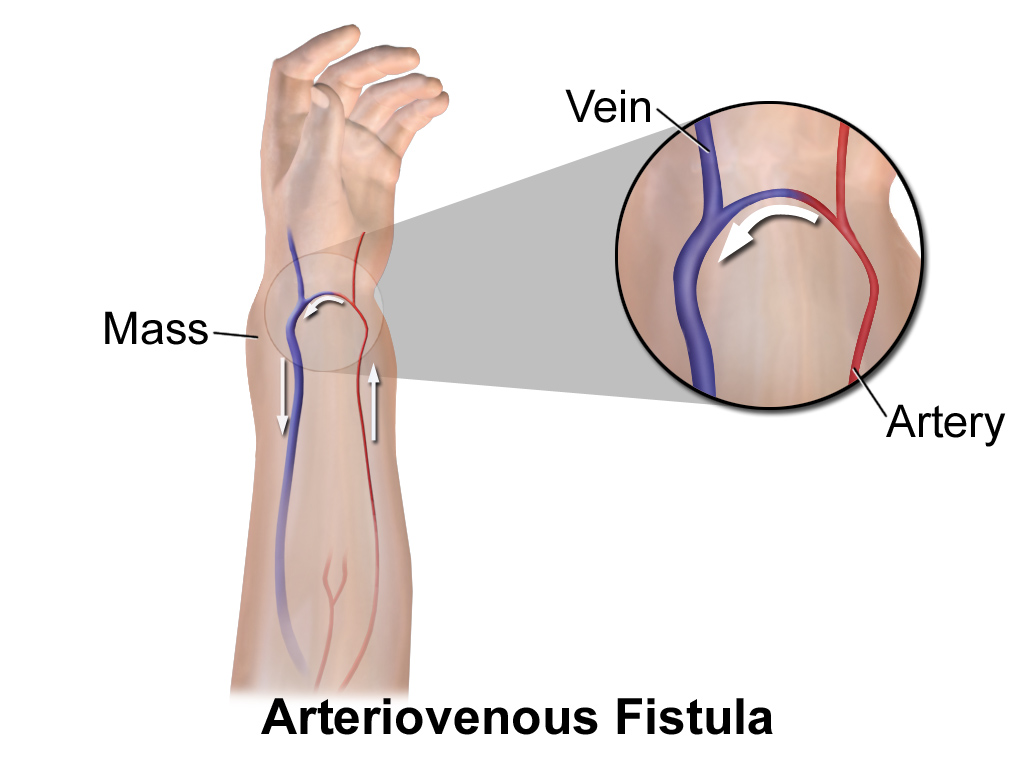What you need to know about Atrioventricular Fistula Treatments
Contents
- 1 What you need to know about Atrioventricular Fistula Treatments
- 2 What Does the Procedure Involve?
- 3 How Long Should You Stay in the Area?
- 4 How Long is the Recovery Time?
- 5 What Aftercare Should You Consider?
- 6 What is the Success Rate for Atrioventricular Fistula Treatment?
- 7 Are there Alternatives to Atrioventricular Fistula Treatment?
- 8 What Should You Expect Before and After the Procedure?
An atrioventricular fistula is a fistula (abnormal connection) between a ventricle and an atrium of the heart. The treatment for atrioventricular fistula depends on the size of the fistula and whether it is causing symptoms. The treatment option may include catheter embolization and surgery.
What Does the Procedure Involve?
Catheter embolization involves inserting a catheter into an artery near the site of the fistula. With the help of the catheter, your doctor places a stent or a small coil to reroute the blood flow. If your fistula cannot be treated with catheter embolization, your doctor may perform surgery to treat the problem. Surgical procedures to treat atrioventricular fistula are usually performed under general anesthetic.
How Long Should You Stay in the Area?
You may need to stay in the hospital for one night after catheter embolization and three to seven days after surgery. After you are discharged from the hospital, you should not leave the local area immediately as you will need to attend follow-up checkups. Plan to stay at least 5 to 7 days for catheter embolization and 10 to 14 days after surgery.
How Long is the Recovery Time?
The recovery period may vary depending on the type of treatment you have as well as your general health before treatment. After catheter embolization, you should be able to get back to most of your activities (including work and exercise) within one or two weeks. After surgery, the recovery period may take up to 8 to 10 weeks, but you should be able to get back to work within 4 to 6 weeks if your job does not require a lot of physical activities.
What Aftercare Should You Consider?
After your treatment is completed, your doctor will give you detailed instructions regarding exercise, diet, restrictions, and wound care. Make sure to follow your doctor’s instructions to avoid any complications. After you have fully recovered, make healthy lifestyle changes, such as following a healthy and balanced diet, exercise regularly, limit alcohol, and avoid cigarettes.
What is the Success Rate for Atrioventricular Fistula Treatment?
Atrioventricular fistula treatment is a safe and effective procedure. However, as with any other medical procedures, there are some side effects and risks that you need to be aware of. These side effects and risks may include bleeding, infection, blood clots, heart failure, and allergic reactions to the general anesthetic.
Are there Alternatives to Atrioventricular Fistula Treatment?
In cases where the fistula is small and does not cause any other health problems or symptoms, your doctor may recommend only monitoring the atrioventricular fistula. However, bigger atrioventricular fistula that causes health problems will need to be treated. Talk to your doctor about your alternatives if you do not want to undergo catheter embolization or surgery.
What Should You Expect Before and After the Procedure?
Before the procedure, your atrioventricular fistula may cause fatigue, decreased blood pressure, or swelling in your arms or legs. You are also at a high risk of serious health problems like heart failure. After the procedure, you should no longer experience any of the symptoms and your risk of heart failure is greatly reduced.
For an in-depth analysis of an Atrioventricular Fistula Treatment Procedure, watch this short video.
To check prices or to book an Atrioventricular Fistula Treatment Procedure in Thailand or anywhere else in the world, head on over to MyMediTravel now!

